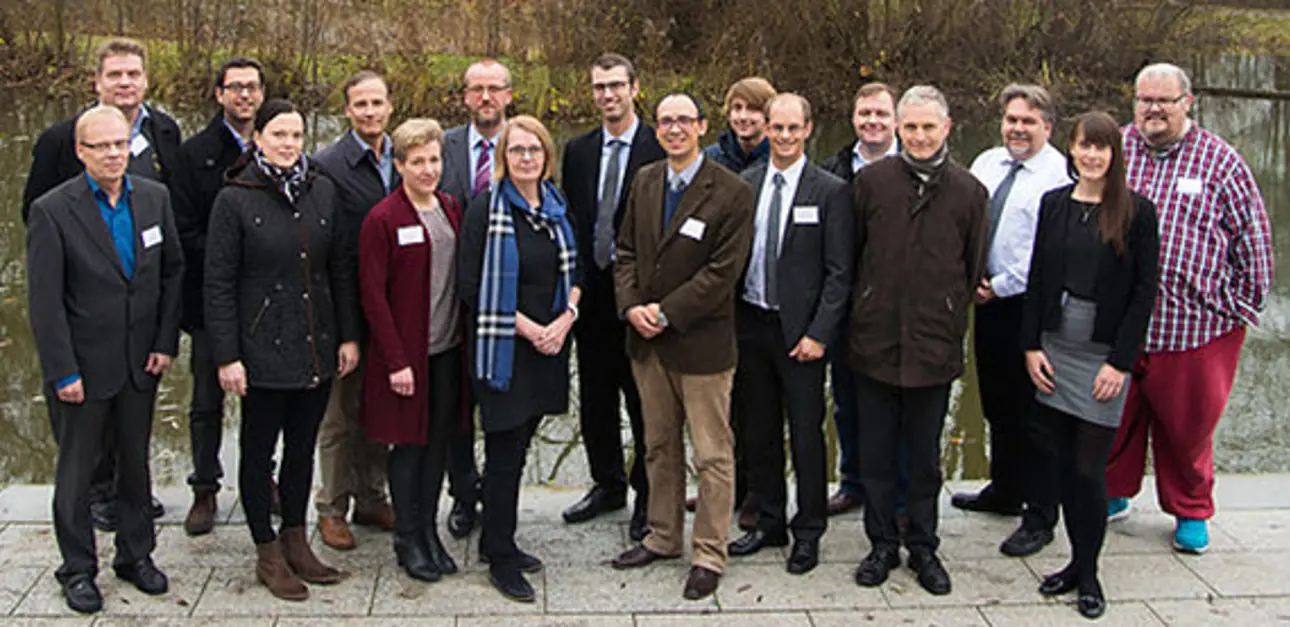Towards the next generation bioenergy concepts

Heating and cooling are responsible for almost half of EU's final energy demand. Replacing fossil fuels in e.g. heating, with sustainable biomass, is seen as a way to cut Europe's dependence on fossil fuels and to cut greenhouse gas emissions. It has been predicted that the role of bioenergy in the heat market in Europe could be increased from 11% in 2007 to about 25% by 2020. Combined Heat and Power (CHP) from biomass is one of the most efficient ways to reach this increase. The main challenge for achieving a broader use of biomass as fuel in CHP generation are ash-related problems. Corrosion of boiler materials, due to the difficult ash composition of biomass, limits significantly the use of biomasses in high-efficiency CHP plants.
The project will take a holistic approach to address these problems: Topics ranging from widening of biomass-feedstock through pre-treatment, utilization of different firing technologies in lab-, pilot- and full-scale development of future ash utilization possibilities to overall plant design will be investigated. "I feel confident that Biofficiency will have a big impact on future biomass use in power and heat generation." says Prof. Spliethoff, coordinator of the project and Head of the Chair of Energy Systems at Technical University of Munich.
The Biofficiency project gathers a unique consortium of excellent academic facilities and industrial partners, providing an exceptional platform for successful execution of the project. By sharing collective experience, the partners aim to strengthen European bioenergy technologies and help solving global climate and energy challenges.
Project partners are: Abo Akademi, DONG Energy, Energy research Centre of the Netherlands, Laborelec, Metsä Fibre, Mitsubishi Hitachi Power Systems Europe, National Technical University of Athens, Technical University of Denmark, Technical University of Munich, Valmet and VTT Technical Research Centre of Finland.
Within the consortium, Valmet will focus on fluidized bed boiler technology, biofuels and their combustibility.
Note: This project has received funding from the European Union's Horizon 2020 research and innovation programme under grant agreement No 727616.
Related articles


